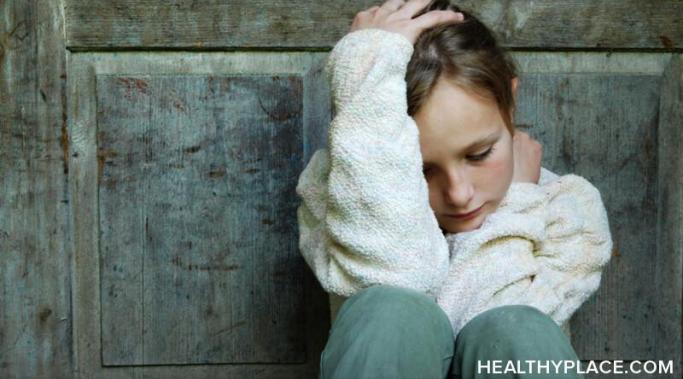Mental illness recovery looks nothing like I expected it would. Talk of recovery painted pictures of cures for mental illness that removed all struggle from my life and made everything—and I mean everything—better. What I’ve found is that recovery is different from that perception, and the truth is I’m okay with that.
Embracing Mental Health Recovery
One concept that’s helped me a lot in recovery from mental illness is this: recovery is not linear. It seems simple, but understanding this helps me be aware that the recovery process may have peaks and valleys. It also helps me be aware of the changes that bring on peaks and valleys, like big life changes.
No matter how much someone covets mental illness recovery, some part of it feels scary. My struggles with mental health started when I was very young, and there were years and years when I was desperate for recovery—but I was also terrified of it. From what I’ve seen, my experience and feelings are not uncommon, so I want to take a closer look at that.
"Everything happens for a reason" is a popular trope in the world of mental health recovery, but personally, I believe it's a lie, and here's why.
Recently, my therapist pointed out that even though I'm pretty good about basic self-care, like getting enough sleep and drinking water, I've been neglecting my emotional self-care. As soon as she said something, I knew she was right. I'd been avoiding my emotions by refusing to engage in anything that might make me emotional, like journaling, sad movies, or even listening to music. So I decided it was time to revamp my emotional self-care with these three basic changes.
I know it might sound odd, but sometimes I miss being sick. I've gotten so much better over the past few months, and there is a small part of me that misses being sick, and I'm willing to bet I'm not the only one who's ever felt this way. So, let's talk about it.
I learned the hard way that mental health recovery burnout is a real thing. It turns out, recovery isn't something you can work tirelessly toward and eventually achieve, like an award. Instead, it's more like something you slowly chip away at until one day you realize the work is a lot easier than it used to be. But recovery is never really over or complete, at least not in my case, which means working frantically to recover will only lead to one thing: burnout.
Self-help books have been immensely helpful in my journey to recover from mental illness and generally improve my self-worth, but despite their usefulness, I'm often ashamed to admit how many self-help books I read. In my family, I'm known as the "self-help junkie" and teased as if that is a bad thing.
Impulsivity is a symptom of many mental illnesses, from borderline personality disorder (BPD) to attention-deficit/hyperactivity disorder (ADHD) and more. Unlike other symptoms, such as anxiety or apathy, impulsivity is still highly stigmatized and is often portrayed as being immature or careless rather than being a symptom of mental illness. Although impulsivity can definitely cause issues in your life, I would also argue that there are some hidden benefits of impulsivity.
Reading has always been a great source of comfort for me, and throughout my healing journey, I've read many books about mental illness and recovery. Some were boring, others just didn't feel aligned with me and my struggle, but some were absolutely amazing. Today I want to highlight those amazing books in the hopes that they can also help guide you through your recovery.









